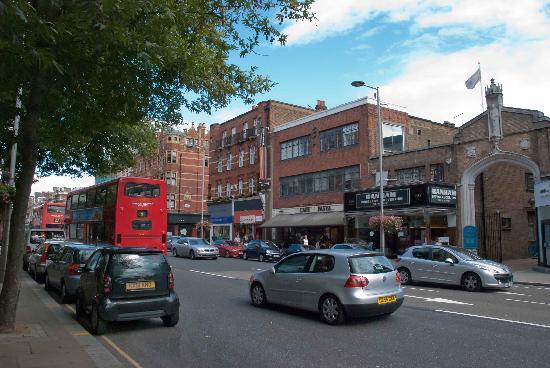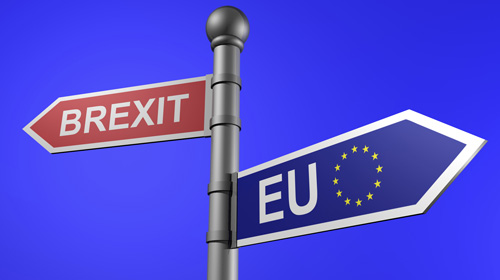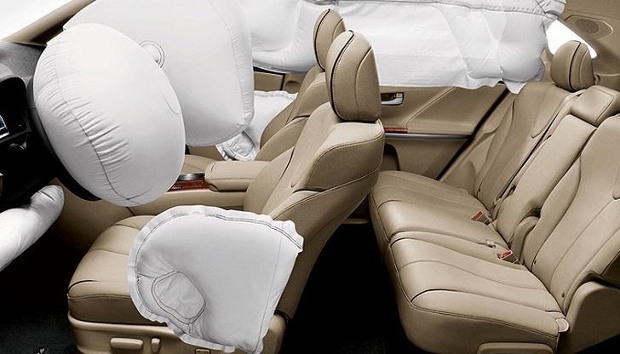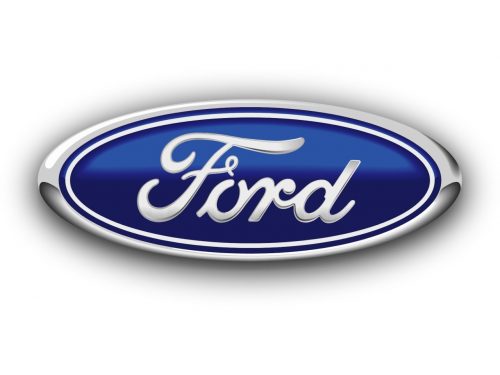Now Reading: Britain’s Brexit subsidies for automakers could top wage bills
-
01
Britain’s Brexit subsidies for automakers could top wage bills
Britain’s Brexit subsidies for automakers could top wage bills
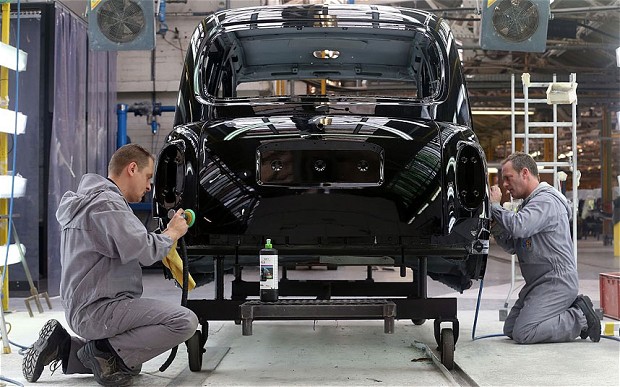
Compensating automakers in Britain for any post-Brexit tariffs on exports to Europe might see the federal government hand the companies more cash than they have to pay the incomes of all their British employees, a Reuters analysis of business filings shows.
Japanese automaker Nissan stated in September it would just devote to brand-new UK financial investment if it got an assurance of settlement to balance out any such tariffs. Recently, it accepted to construct brand-new model in the nation after Prime Minister Theresa May guaranteed it government would provide assistance to maintain its competitiveness in the EU market after Brexit.
The scene of the Nissan deal – which offered Britain an essential business recommendation as it gets ready for life outside the European Union – is unknown. The government stated there had not been a “comprehensive and particular” contract on tariffs.
If Britain does not protect a free-trade deal the European Union, automakers in the nation might deal with export tariffs of 10 percent – the level the EU troubles cars imported from outside the bloc.
The expense of compensating Nissan, which has 2.9 billion pounds ($3.5 billion) of yearly EU exports, would be 290 million pounds per year. That would surpass the firm’s British wage expense, which was 288 million pounds during last year, represents Nissan’s primary UK running unit show.
The pattern is followed throughout Britain’s automaking market.
Stay Informed With the Latest & Most Important News
Previous Post
Next Post
-
 01Polestar Boss Says It’s Time To Outrun BMW M And Mercedes-AMG
01Polestar Boss Says It’s Time To Outrun BMW M And Mercedes-AMG -
 02Spy Shots: 2027 Mitsubishi Pajero Spotted in Testing Ahead of Possible U.S. Return
02Spy Shots: 2027 Mitsubishi Pajero Spotted in Testing Ahead of Possible U.S. Return -
 032026 Toyota Hilux EV: A Powerful Truck with Silent Torque
032026 Toyota Hilux EV: A Powerful Truck with Silent Torque -
 04Spy Photos: VW ID. Polo GTI Goes Electric with 223 HP and 280 Miles of Range
04Spy Photos: VW ID. Polo GTI Goes Electric with 223 HP and 280 Miles of Range -
![2027 Mercedes-Benz S-Class Debuts with V8 Engine [Photo Gallery]](https://speedlux.com/wp-content/uploads/2026/01/2027-Mercedes-Benz-S-Class-33-155x125.jpg) 052027 Mercedes-Benz S-Class Debuts with V8 Engine [Photo Gallery]
052027 Mercedes-Benz S-Class Debuts with V8 Engine [Photo Gallery] -
 06The Controversial Ford Voodoo V8 That Was Killed Off Too Early
06The Controversial Ford Voodoo V8 That Was Killed Off Too Early -
 07Hyundai Palisade’s Breakout Year Shows How Quickly the Market Can Turn
07Hyundai Palisade’s Breakout Year Shows How Quickly the Market Can Turn



![2027 Mercedes-Benz S-Class Debuts with V8 Engine [Photo Gallery]](https://speedlux.com/wp-content/uploads/2026/01/2027-Mercedes-Benz-S-Class-33-700x394.jpg)




































